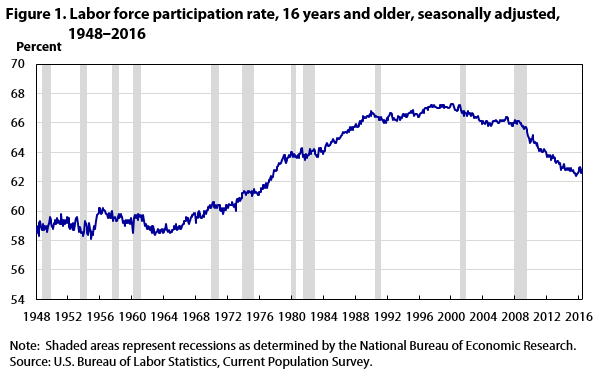All depends on how much the tax, right?
And at the end of the day, Congress is pro-business although sometimes they’re clumsy about it. I think you may have previously talked about barriers to entry?
And I tend to agree. If it’s expensive leases on federal land just for exploratory drilling, that’s only a medium deal for the big guy but a pretty big deal to the little guy. And same for environmental impact statements which involve expensive legal fees.
But if it’s taxes after the fact. Let’s say it’s even a 45% windfall tax which is quite a bit higher than normal corporate taxes, well, you only pay it if you make the money. Yeah, I think I’d rather make the money and pay the tax.
And if we make a threshold — such as all profit about $50 million, for example — that would benefit the mid-sized producer, pretty much at the expense of the big dog.




